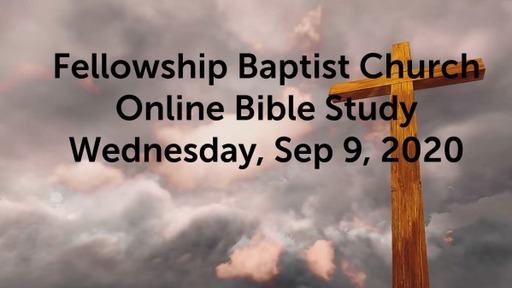Harmony and Humility

Peter’s Admonition to the Church
A Harmony
B Sympathy
C Brotherly Love
B´ Compassion
A´ Humility
Harmony and humility belong together, for the primary means by which harmony is disrupted is pride and self-assertion. Sympathy and compassion are closely related and even hard to distinguish from each other. Brotherly love is the middle term, showing that it is the most important of all the virtues and that the other virtues are embraced in the call to love one another as a family.
Live Unified
Live in Sympathy
Live in Brotherly Love
Live with Compassion
Live Humbly
Peter’s Advice about the World
Peter’s Quotation from the Scripture
The language of the psalm, therefore, is understood typologically in that the promise of life and good days in the land points toward and anticipates life in the world to come. Similarly
Peter was not promising good days in this world since persecution and troubles are to be expected (1:6–7; 3:13–17; 4:12–19). He was providing a motivation for believers to bless those who persecute them and to live in a way that pursues peace. They are to refrain from speaking evil and from guile so that they will obtain the eschatological reward, eternal life itself. We must insist again that such a theology is not works righteousness, nor does it compromise the theme that salvation is by grace. Peter believed that those who have received new life from God will live transformed lives and that such lives provide evidence (necessary evidence!) that they have been converted. Michaels rightly says that the blessing “is not earned by the performance of good works, it nevertheless belongs to those who demonstrate good works.”